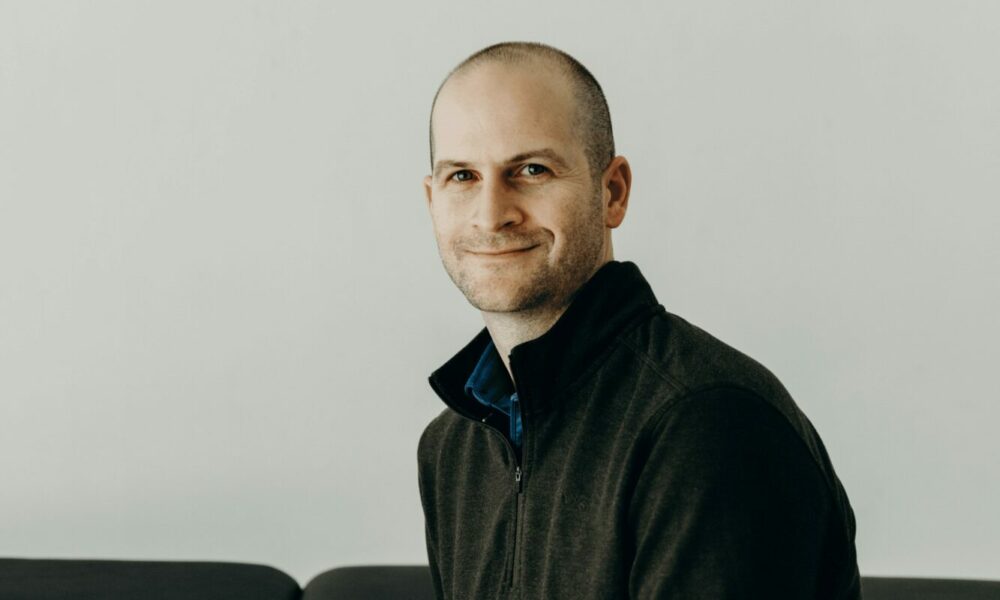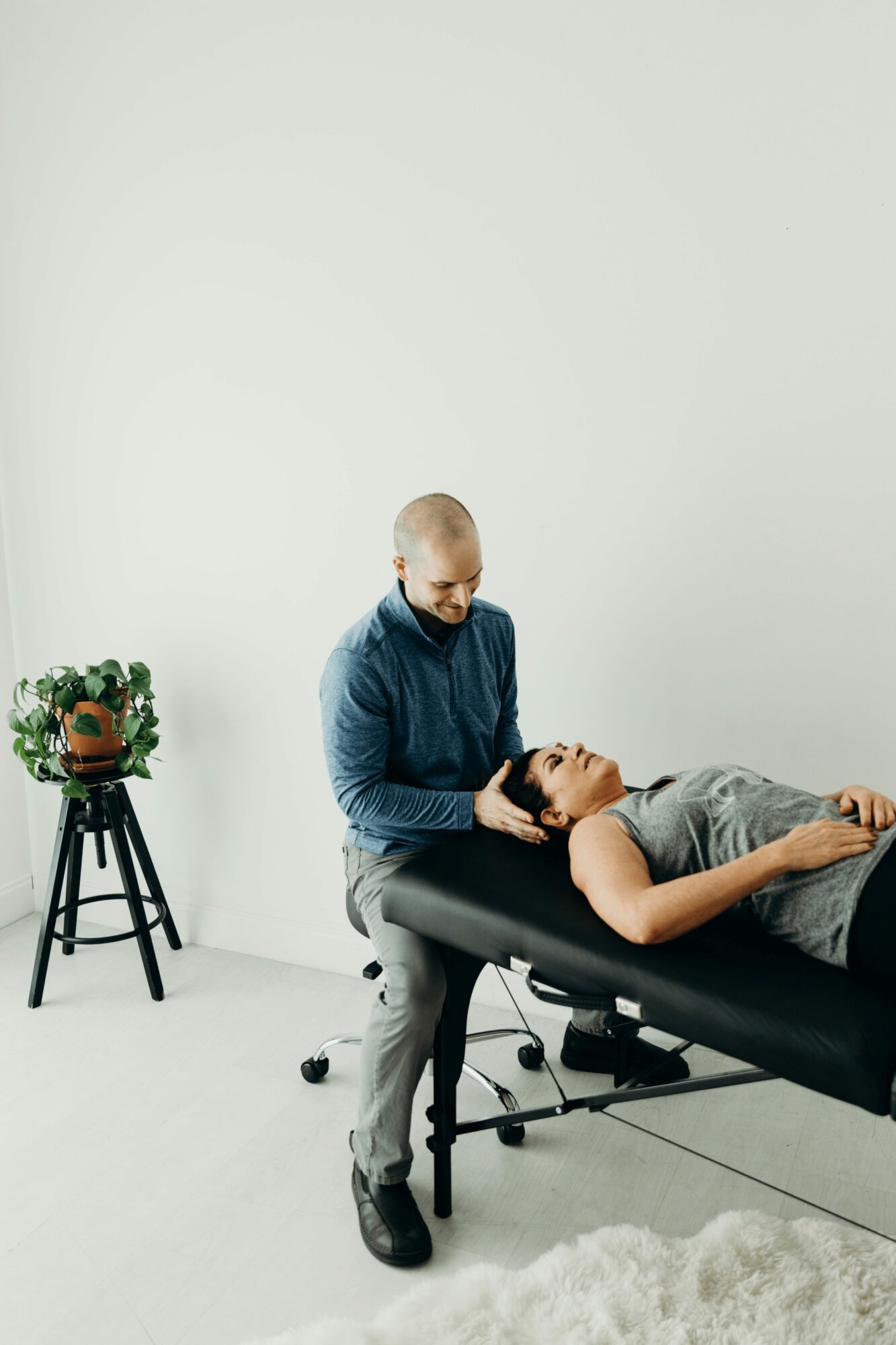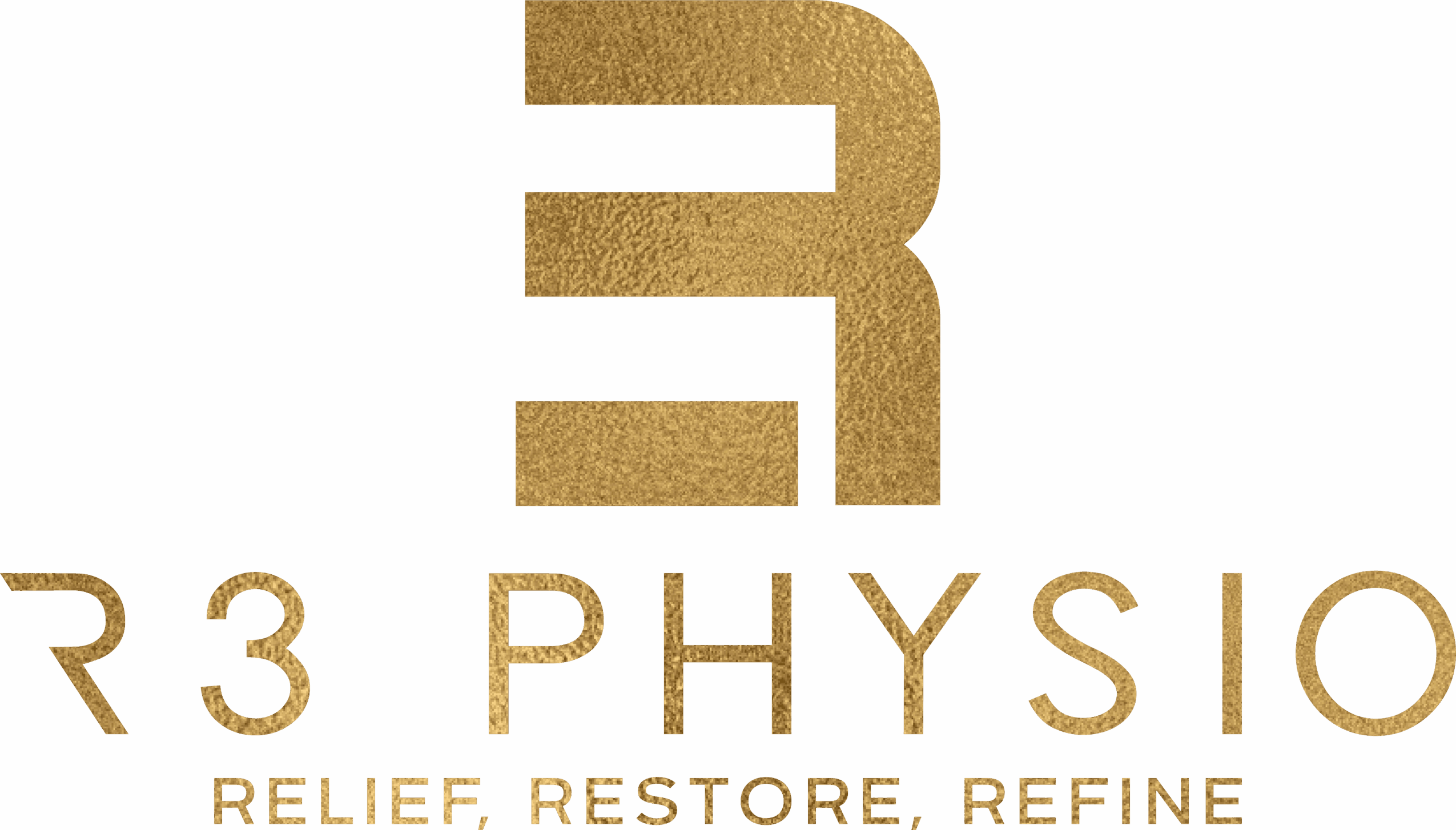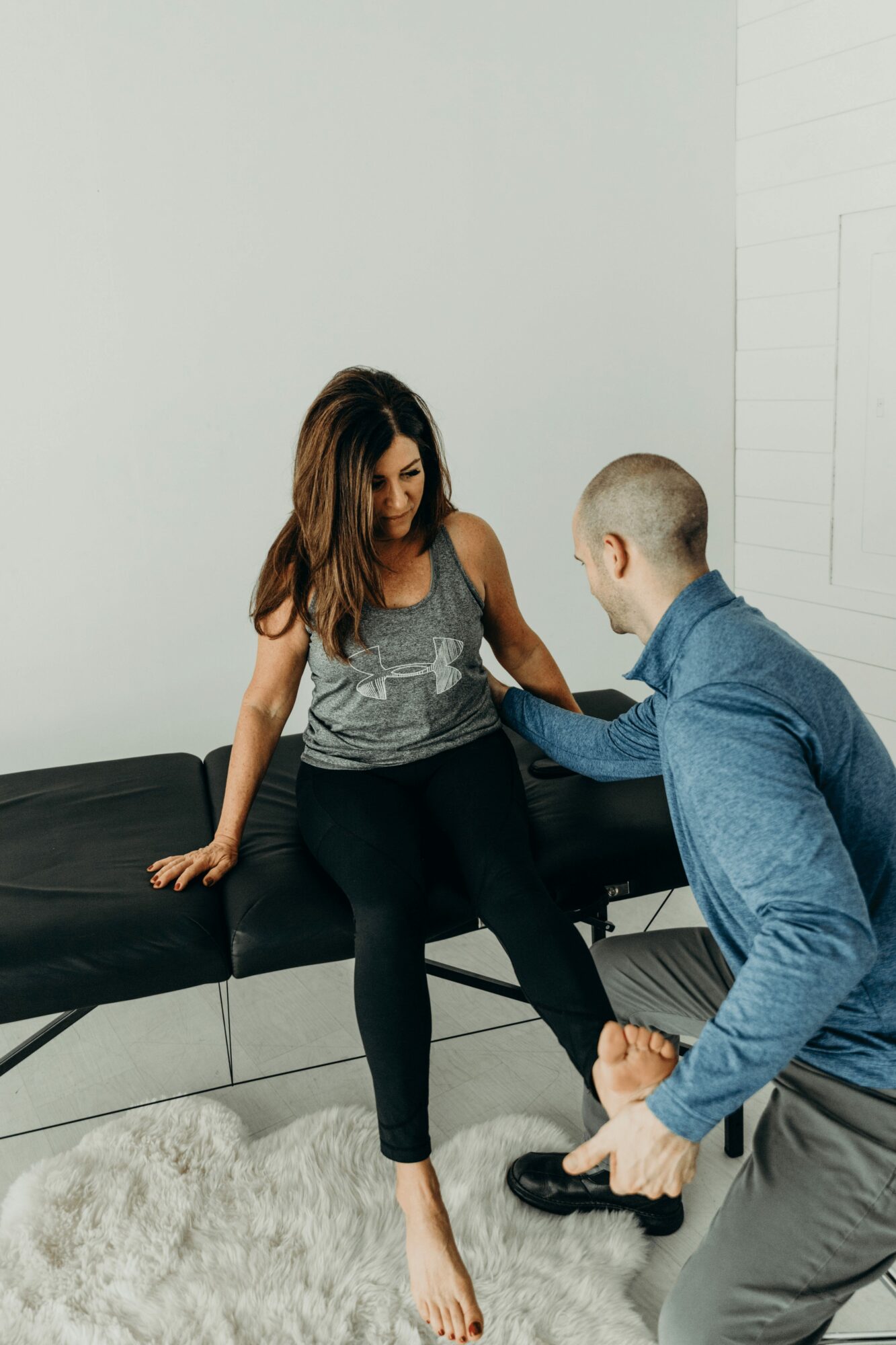

Today, we’d like to introduce you to Jason Racca.
Hi Jason, can you start by introducing yourself? We’d love to learn more about how you got to where you are today.
I began my career about 17 years ago. Originally, I thought I was going to go into cardiopulmonary physical therapy. However, I had a professor who taught from a different perspective. A more holistic approach to care. Once I knew that was an option, I never looked back.
Along the way, I had great mentors that helped me to see not just the injury or symptoms, but the person behind it and that there were multiple areas of the body that could be contributing to what brought that patient in. To help them feel their best and to heal to their fullest, we needed to consider more than just the painful area.
Fast forward 13 years, I opened R3 Physio in the Keller/North Fort Worth Area in February 2020. I knew that there was more potential to be able to help patients than what I was able to do in a more restricted environment. I knew that to offer patients everything that we are capable of; we needed to be in an environment that fostered holistic healing.
One where our treatments were not dictated by anything, or anyone, other than the patient receiving the care and their provider.
I’m sure it wasn’t obstacle-free, but would you say the journey has been fairly smooth so far?
Any entrepreneur would tell you it is not easy to start and run a business. For most, it is lonely at times, with others around you (even those closest to you) not understanding the struggles, thoughts, and stresses that engulf you.
That being said, I can honestly say that I have enjoyed every stage of this journey so far. As a solo provider in the bringing playing all of the roles, I now have 3 employees under me (soon to be 4). I enjoy learning and solving problems.
Running a business means there are constant “problems” to solve. Sometimes, it is a lot of smaller things, and other times, it is bigger. The biggest struggle I have had to this point was pulling the trigger to hire my first employee. It was “easy” when all I had to ensure was that my family was provided for.
The stakes go up when you become responsible for providing for another’s family, too!
Thanks – so, what else should our readers know about R3 Physio?
When I was starting R3 Physio, one of the first steps was to choose a name. That was probably the longest, and arguably the hardest, part of the start-up process. It forced me to stop and really think about what it is that we do and what we offer.
The conclusion I came to was that the first thing we do is offer “Relief” from whatever brought that patient in. We have to address the most pressing issue first before we can dig deeper to get to the root.
Second, our goal is to not just stop after the pain or symptoms have resolved, but to help “Restore” health back to that person. What we mean by that is we start to address other factors and other systems of the body that have led to the point that they were having the symptoms they were experiencing. If we want a lasting result, we need to dig deeper.
Finally, for many of our patients, we want them to achieve their goals that initially brought them in, and more! We want to help “Refine” them. Help them to feel better, perform better, and be healthier than they were, even before they had any pain or symptoms.
That is what “R3” stands for: “Relief, Restore, Refine.”
At R3 Physio, we have 3 main areas that we focus on. Our specialty is not necessarily a specific area or region of the body. We treat head to toe. Our specialty is our treatment approach. When someone comes in experiencing symptoms, we understand that there can be multiple areas of the body, and multiple systems of the body that can be contributing.
That being said, the three main areas of focus for R3 Physio are:
1. Long-standing issues that were not resolved with a more conventional approach to care (whether that was traditional physical therapy, chiropractic, massage therapy, etc.)
2. Temporomandibular Dysfunction (TMJ) and Airway Dysfunctions: This involves jaw pain, clicking, sleep apnea, and other airway dysfunctions that can lead to chronic inflammation and thus feed into the first area we focus on (long-standing issues not resolving with conventional care).
3. Dancers and performing artists: For 12+ years, I worked with traveling Broadway shows. Our current therapists have also worked with performing artists at varying levels. When I opened R3 Physio, this was an area that I wanted to bring into the practice. I constantly heard about the sub-par care that these performers were receiving, and I knew that there was more that could be offered.
All of our therapists have pursued or are pursuing advanced training in areas that help us to provide the highest quality of care to each of these areas.
One of the unique approaches that we use is something called Visceral Manipulation. In a nutshell, this refers to the ability of the organs to move. We know that when a structure is not moving well (whether that is muscle, nerve, organ, etc.), it will not function at its most efficiently. We often see a non-resolved, long-standing issue have a component like this.
Have you learned any interesting or important lessons due to the COVID-19 crisis?
COVID-19 taught us many lessons. Some from a business perspective and many from a clinical perspective. Because of our areas of specialty, we have seen many patients who have experienced a need for care after a SARS-CoV-2 infection and even after COVID-19 injections.
In the beginning, we initially thought that this was a virus primarily affecting the respiratory system. But as we moved along through the pandemic, we noticed that this was a virus that seemed to break a lot of the rules and affect multiple systems of the body.
We have seen patients who have had lingering symptoms since having the illness, and many patients who feel they had “odd” symptoms begin after the injections as well. One of the patterns that we have seen is that in the earlier variants, it did seem to affect the respiratory system more for people. We saw people having difficulty getting deep breaths due to tightening in the ribs and fascial structures of the viscera (organs) affecting the lungs. We saw an increase in anxiety that seemed to have a factor in the difficulty of getting a deep breath.
Then, as we saw new variants, we saw a lot of issues that were affecting the Autonomic Nervous System (there are 2 parts to this: the Sympathetic Nervous System, or Fight/Flight/Freeze, and the Parasympathetic Nervous System, or Rest/Digest/Heal.) We would see issues such as Dysautonomias, increased symptoms that mimicked heart issues, or nerve symptoms even though all medical issues and tests came back normal. Autoimmune issues seemed to flare up or present where they were not symptomatic prior.
The traditional medical system was not providing the care and answers that many of these patients were looking for, so we ended up being the people they would turn to to help problem solve or to help guide them on who the best practitioner was to help them solve their issue.
Contact Info:
- Website: www.r3physio.com
- Instagram: https://www.instagram.com/r3physio/
- Youtube: https://www.youtube.com/@r3physioTX




 Image Credits
Image Credits
Hope Gray










